- 99721 95354
- Arekere Main Rd, Sarvobhogam Nagar, Arekere, Bengaluru, Karnataka 560076



Pregnancy
Straining while defecation
Constipation (due to food habits or less intake of water & fiber)
Affected patients frequently present with internal anal sphincter hypertonia, which, in turn enhances the traumatic effect of hard stools. After the initial tear, a vicious cycle of non-healing and repeated trauma leads to the development of chronic deep fissures.
● Pain on defecation
● Bright-red bleeding
● Mucus discharge
● Constipation

It is a clinical diagnosis and no other special investigation is needed to confirm the diagnosis. Only in case of multiple fissures or fissures in rare positions where there is a suspicion of crohn’s disease, in such patients colonoscopy & biopsy is warranted.
Most of the patients can be treated with medicines. A simple sitz bath done 2 to 3 times a day followed by local anaesthetic application with or without calcium channel blocker would be sufficient to get over the pain. Also the patients need a laxative for a few days which will prevent straining while passing stools.
If simple measures fail, treatment can be escalated to ‘chemical sphincterotomy’ using agents that induce smooth muscle (internal sphincter) relaxation. Botulinum toxin (10–100 units) injected into the internal sphincter in either divided or a single dose reduces anal canal pressure.

Some patients who do not respond to medicines or who require medical treatment frequently can go for surgery to get rid of fissure. There are various methods:
1. Lateral internal sphincterotomy: It involves cutting of the internal sphincter. It can be performed either with the help of blade/cautery or with LASER equipment.
2. Fissurectomy: It is an alternative to lateral internal sphincterotomy and is used if there are contraindications to lateral internal sphincterectomy.
3. Anal advancement flap: An anal advancement flap to cover the anal fissure should be considered in those with an increased risk of altered continence.
Patients are usually asked to take antibiotics to prevent infection. Patients are asked to do sitz bath thrice a day and they have to take laxatives for a certain period so there wont be any pressure on the suture line.

099721 95354



Call us now

Drop us an email

We are always there to assist you
